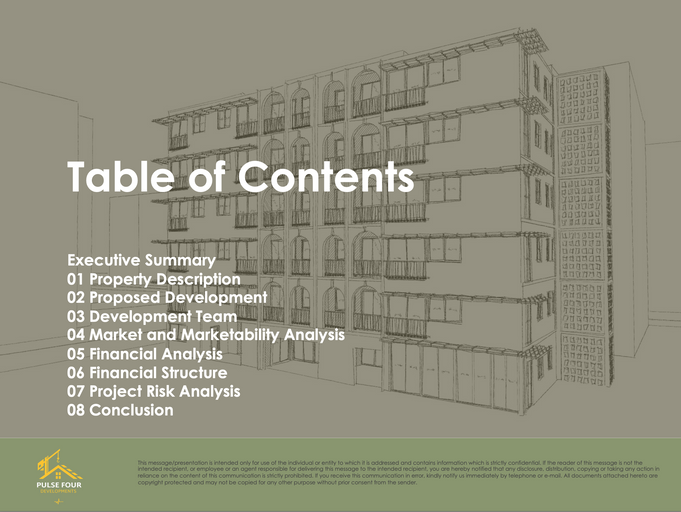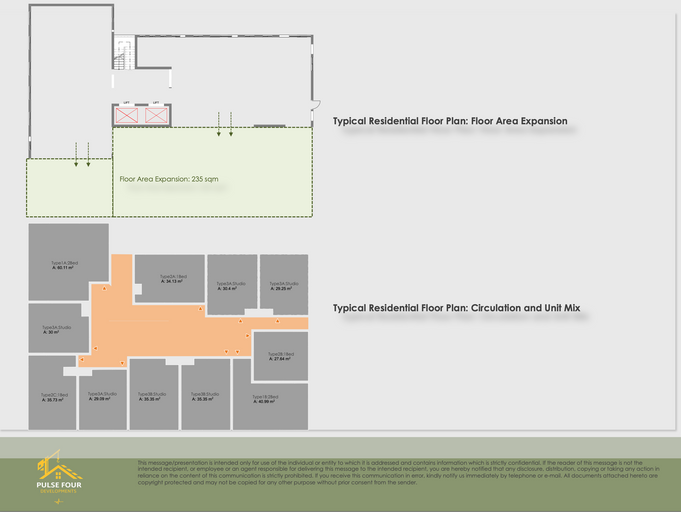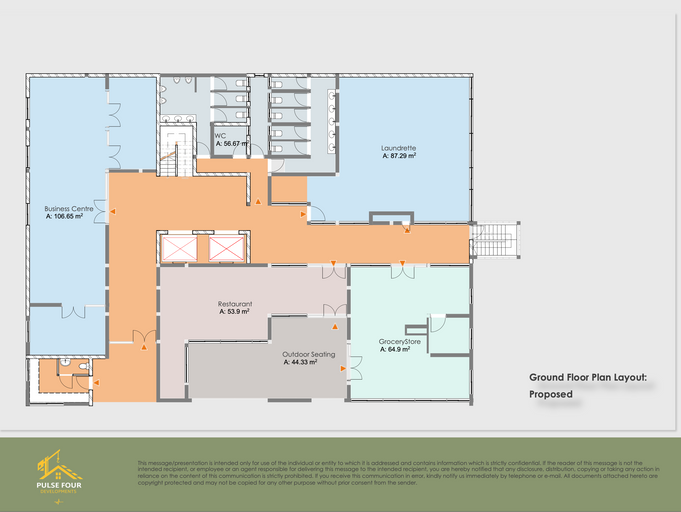
International Urban Design Workshop: urban design as crossover strategy between disciplines and practices
Date. June 19 - 30, 2023
Location. Windhoek, Namibia
Programme. International Urban Design Workshop (more information here) facilitated by Dr Kathryn Ewing (more information about Dr Kathryn Ewing) and Office for Urban Resilience (O-RU) (more information about ORU)
organisation/institution. Namibia University of Science and Technology (NUST), Institute for Land, Livelihoods and Housing (ILLH) - ILLH is a centre of the Faculty of Engineering and the Built Environment | The workshop is an activity part of the NUST - Deutsche Gesellschaft für Internationale Zusammenarbeit (GIZ) Grant Agreement on Sustainable and Inclusive Urban Development. More information here.
position. participant
responsibilities. Collaborative Concept Design | Photography | Videography | Presentation Compilation
Description.
The workshop aimed to propel the urban development discourse beyond merely supplying public services and housing, directing attention towards the fundamental question: what type of urban life are we cultivating?
The primary focus was on reforming the approaches to urban development, spotlighting aspects that have been overshadowed by the pressing need for "delivery": Which socio-natural factors should be integrated into urban design? What psychological barriers hinder us from envisioning a significantly distinct urbanization? What historical influences contribute to negative perceptions of urban living? How are current forces shaping informal trade and settlements, and how can we harness them to shape a collective vision for urban development?
The workshop concentrated on broader urban inquiries, centering on participatory enhancements to informal settlements, while integrating them into the wider urban systems, within the framework of the City of Windhoek.
Divided into two consecutive one-week modules spanning from June 19 to June 30, 2023, the workshop transitioned from the expansive territorial scale to the neighbourhood level:
MODULE 1: SHIFTING FROM TERRITORY TO NEIGHBOURHOOD, held from June 19 to June 23, led by O-RU (Victor Rico and Carolina Crespo): This module honed in on the micro level, moving from the territorial scope beyond regional and municipal boundaries, following natural, geological, infrastructural systems, and risk-related data.
MODULE 2: ENGAGEMENT AT THE LOCAL LEVEL, held from June 26 to June 30, guided by Kathryn Ewing (UCT): This phase involved engagement at the neighbourhood level, steering urban design transformations towards mutually agreed-upon goals and implementable actions by the participants. The key areas of focus included:
-
Community-driven land provision and housing construction
-
Conversion of informal settlements into functional urban neighbourhoods
-
Area-specific approaches with a dedicated emphasis on public spaces
-
Collaborative co-design practices
-
Urban livelihoods These goals were achieved through the formulation of strategic projects, encompassing public spaces, infrastructure, housing, and policy, all aimed at progressing a shared vision.





























